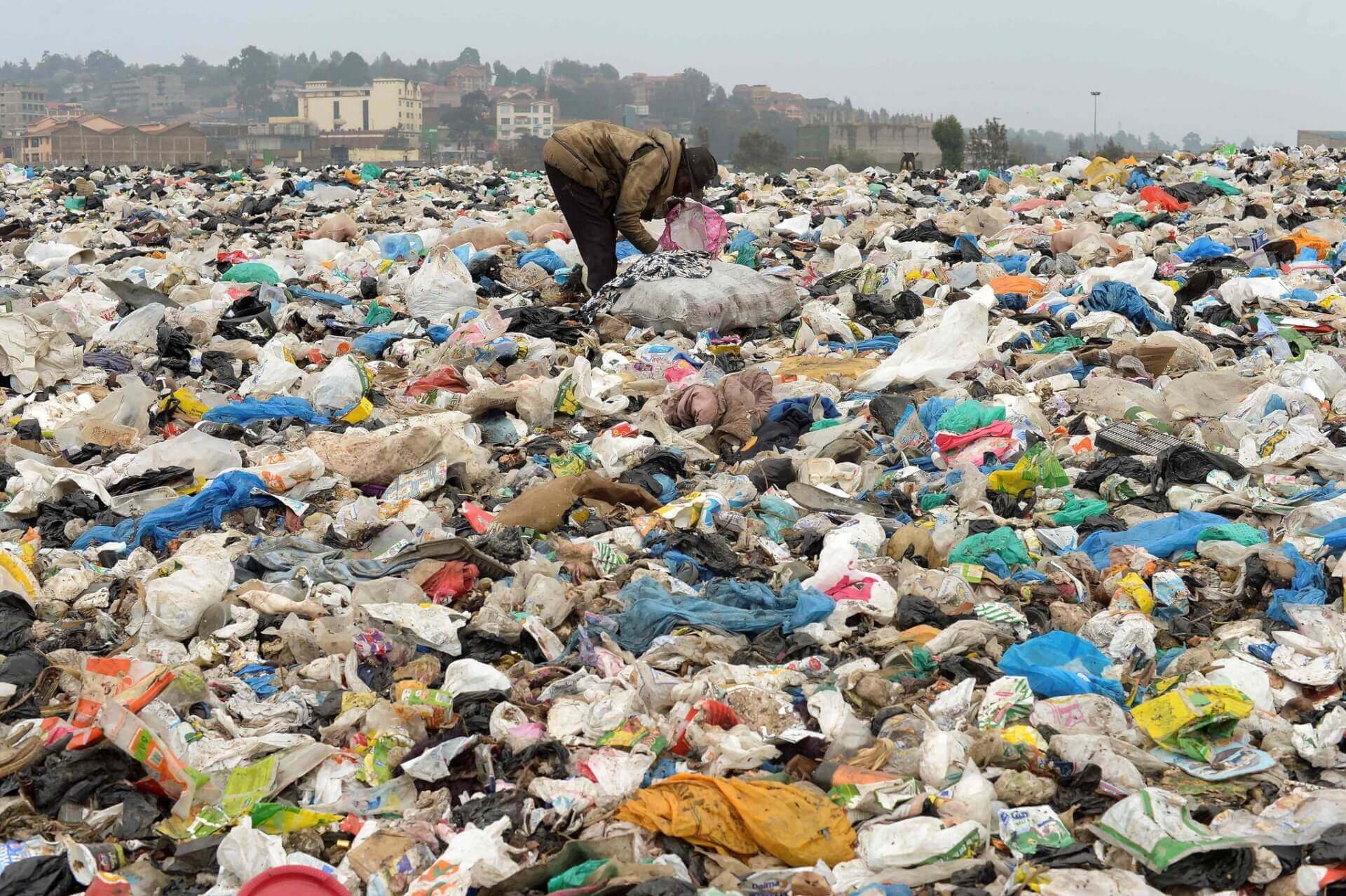Major oil companies are lobbying the Office of the United States Trade Representative to pressure Kenya into removing what they see as obstacles to dumping plastic waste in the African country. The request was lodged by the American Chemistry Council (ACC) on behalf of several key players in the oil industry and comes amidst ongoing bilateral trade negotiations between the United States (US) and Kenya.
In 2017, Kenya banned the use, manufacture, and import of plastic bags to hasten its commitment to environmental sustainability. In light of these recent revelations about the oil industry, a senior political advisor at Greenpeace Africa, Fredrik Njehu, remarked, “This deal will have dire consequences in terms of the environmental pollution because plastics have been touted as the major polluters of our water bodies.” He added, “African countries are looking upon Kenya to actually reject the deal and also reject the fact that they (would) be used as an entry point to access the African markets.”
The request by the ACC was made in a letter by its director for international trade, Ed Brzytwa, who called for a removal of Kenya’s limits on “production or consumption of chemicals and plastic” so that the US could fully take advantage of a country it sees as a “future […] hub for supplying US-made chemicals and plastics to other markets in Africa”.
Among the companies pressuring the Trump administration to push for a relaxation of Kenya’s environmental policy are oil and chemical giants Shell, Exxon, Total, DuPont, and Dow. This is particularly ironic as Shell, Exxon, and Total are all founding members of a $1 billion pledge to create a “world free of plastic waste”.
Thus far, the Kenyan government has not offered any comments on the situation beyond saying that any bilateral trade negotiations with the US will be “guided by Kenyan laws”. Kenya is one of the signatories to the Basel Convention signed last year, under which 187 nations agreed to reduce the movement of hazardous waste between countries.
The US, on the other hand, is not a signatory to the treaty, and, even in spite of the agreement, the US shipped more than 1 billion pounds of plastic to 96 countries in 2019, including Kenya. While much of this waste was earmarked for recycling, many harder to recycle plastics are often dumped into rivers and oceans. Plastic dumping in African countries skyrocketed after China placed a ban on a whole host of plastic waste within its borders in 2018, In fact, exports to Africa increased by more than four times in 2019 from just one year before.
For its part, the ACC has said that it “never mentioned Kenya’s approach to single use plastic bags even once in our comments”. It also said that it understands that “a bilateral trade agreement between the United States and Kenya will not override Kenya’s domestic approach to managing plastic waste or undermine its international commitments under the Basel Convention”.
Aside from environmental concerns, Kenyan economic experts are also worried that the impending trade deal with the US could ‘cripple’ the agriculture and manufacturing sectors, saying that local farmers will find it difficult to compete with heavily subsidized US agricultural products.
Oil Companies Lobby US Government to Pressure Kenya Into Relaxing Plastic Regulations
Major oil companies are lobbying the Office of the United States Trade Representative to pressure Kenya into removing what they see as obstacles to dumping plastic waste in the African country.
September 8, 2020

In 2017, Kenya issued a ban on the use, manufacture, and import of plastic bags. SOURCE: SIMON MAINA / AGENCE FRANCE PRESSE
